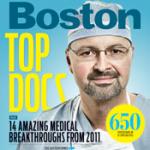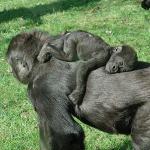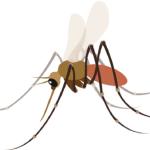Let's start by making a very obvious statement. Perhaps the most obvious statement ever.
Car seats are safe to use.
Other Science News
Shingles develops in one out of every three adults who've previously had chickenpox. Luckily there's not one, but two vaccines, against the painful rash. So why aren't adults getting the shot?
Boston is known for many things, and one of its most prominent assets is its high number of top-notch colleges and universities.
When Henry Kissinger (an ex-Theranos board member) wrote the entry for Elizabeth Holmes's inclusion in TIME magazine's 2015 top 100 Most Influential People, he wrote,
It's difficult to imagine what life must be like for people who work in public relations at United Airlines.
Of all the ridiculous claims made in the popular science press, one of the biggest is that we have discovered the possibility of alien life on some remote exoplanet.
It's sleep awareness week and we are trying to, well, be more aware of our sleep.
The home DNA testing company 23andMe has received approval from the US Food and Drug Administration (FDA) to test for three genetic mutations in two genes that you have probably heard of if you know who Angeli
There are 2,666 emojis available for tweets and texts.
Wheat is the second most important food crop in the developing world. It's not just in pasta, either. Wheat is found in more food than you can imagine (1). Like corn and soy, we need it, and lots of it.











